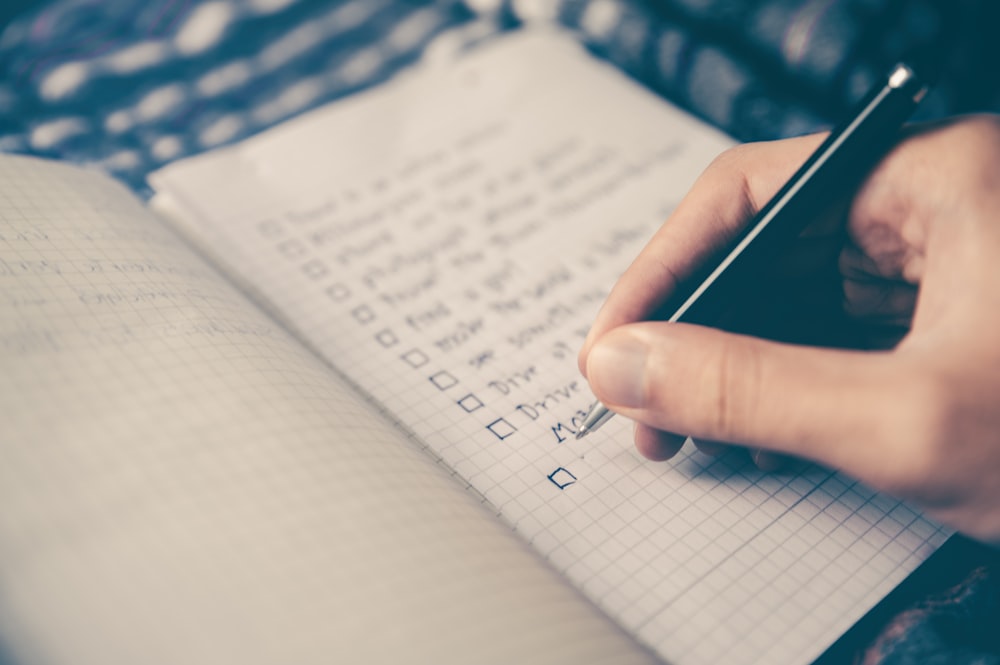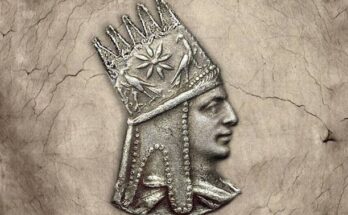Become an expert in history in just 30 days
Embarking on a journey to become an expert in history in just 30 days may sound ambitious, but with a strategic and active approach, it’s entirely achievable. History is a vast tapestry of human experiences, and delving into its depths requires passion, commitment, and effective learning strategies. In this article, we will outline a comprehensive 30-day plan that combines active learning techniques because practical exercises, and a deep dive into various historical periods help you cultivate a profound understanding of the past.
Define Your Focus
Image via Unsplash.com
The first step in your 30-day quest to become a history expert is to define your focus. History is an expansive field, and narrowing down your interests will provide a more structured learning path. Consider specific time periods, regions, or themes that captivate your interest because whether it’s ancient civilizations, modern geopolitics, or social movements, clarity on your focus will guide your learning journey.
Create a Study Plan: become expert in history
Develop a study plan that outlines your daily learning objectives. Divide your time into manageable sessions because it ensures a balance between reading, watching documentaries, and engaging in interactive activities. Allocate specific periods for different historical periods or themes, allowing for a well-rounded understanding of diverse subjects.
Dive into Key Texts
Image via Unsplash.com
Select foundational texts related to your chosen focus and start reading. Focus on renowned historians’ works, primary sources, and comprehensive overviews of historical periods. Take notes, highlight key points, and immerse yourself in the narratives because understanding the context and perspectives of different historians will enrich your overall comprehension.
Utilize Online Courses and Lectures: become expert in history
Explore online platforms offering history courses and lectures. Websites like Coursera, edX, and Khan Academy provide access to courses taught by esteemed historians and professors. Take advantage of multimedia resources, quizzes, and forums for a dynamic learning experience because it supplements your reading with visual and auditory materials to reinforce your understanding.
Engage in Historical Discussions
Image via Unsplash.com
Join online forums, social media groups, or local history clubs to engage in discussions. Share your insights, ask questions, and learn from others’ perspectives. Actively participating in historical conversations will not only deepen your understanding but also expose you to different interpretations and viewpoints.
Create a Timeline: become expert in history
Develop a chronological timeline of major historical events within your chosen focus. Use visual aids, such as online timeline tools or a large poster, to map out key milestones because this exercise will help you visualize the interconnectedness of events and understand the cause-and-effect relationships that shape historical narratives.
Historical Document Analysis: become expert in history
Immerse yourself in primary sources. Analyze historical documents, letters, speeches, and artifacts relevant to your focus. Develop the skills to interpret and extract information from these sources because this hands-on approach will provide a more intimate connection with the past and enhance your ability to critically assess historical materials.
Explore Museums and Exhibits
Image via Unsplash.com
Visit local museums or explore virtual museum tours to witness historical artifacts firsthand. Many museums offer online exhibits, providing an immersive experience from the comfort of your home. Pay attention to the details, context, and stories behind each exhibit because connecting theoretical knowledge with tangible objects is crucial.
Practice Historical Writing: become expert in history
Sharpen your historical writing skills by summarizing key events, analyzing historical themes, or even crafting short essays. The act of writing not only reinforces your understanding but also hones your ability to communicate historical concepts effectively. Consider seeking feedback from peers or online communities to refine your writing.
Review and Reflect
Take the final two days to review your journey. Reflect on the knowledge gained, challenges overcome, and areas for improvement. Revisit key texts, revisit your timeline, and reinforce your understanding of critical concepts. Consider creating a study log or journal documenting your insights and progress throughout the 30-day period.
Additional Tips for Success: become expert in history
Image via Unsplash.com
Use Mnemonics and Memory Techniques: Employ mnemonic devices, flashcards, and memory techniques to reinforce key historical dates, names, and events. Mnemonics can be powerful tools for retaining information.
Incorporate Multimedia Resources: Watch historical documentaries, films, and listen to relevant podcasts to supplement your learning. Visual and auditory resources provide diverse perspectives and enhance retention.
Stay Consistent and Disciplined: Consistency is key. Stick to your study plan, even on days when motivation may wane. Establish a dedicated study environment, free from distractions, to maximize productivity.
Seek Feedback and Guidance: Don’t hesitate to seek feedback from peers, teachers, or online communities. Constructive criticism and guidance can provide valuable insights and accelerate your learning curve.
Embrace Different Perspectives: History is often subjective, with multiple perspectives shaping narratives. Embrace diversity in historical interpretations, and consider contrasting viewpoints to develop a well-rounded understanding.
Conclusion: become expert in history

Image via Pexels.com
Becoming an expert in history in just 30 days is an ambitious undertaking, but with a structured plan, active learning, and a passion for the subject, it’s a goal within reach. By immersing yourself in key texts, engaging in discussions, analyzing primary sources, and applying your knowledge through various activities, you’ll not only acquire a deep understanding of history but also cultivate critical thinking and analytical skills that are essential for historical expertise.
Remember that the journey to becoming a history expert is ongoing. Use the 30-day plan as a launchpad for continued exploration and lifelong learning. History is a dynamic field that evolves with new discoveries and interpretations, and your commitment to staying curious and engaged will ensure your expertise continues to grow beyond the initial 30 days.
In the quest to become a history expert in 30 days, perseverance is paramount. Embrace challenges, seek diverse perspectives, and cultivate a genuine passion for understanding the past. Consistent engagement with historical materials, interactive discussions, and practical applications will solidify your expertise. Remember, the journey extends beyond 30 days—maintain an insatiable curiosity, and let your newfound knowledge serve as a foundation for a lifelong exploration of the rich tapestry of human history.
USEFUL LINKS:
Because we want the best for you, here’s something you must read
Click here to know how to become a good historian









